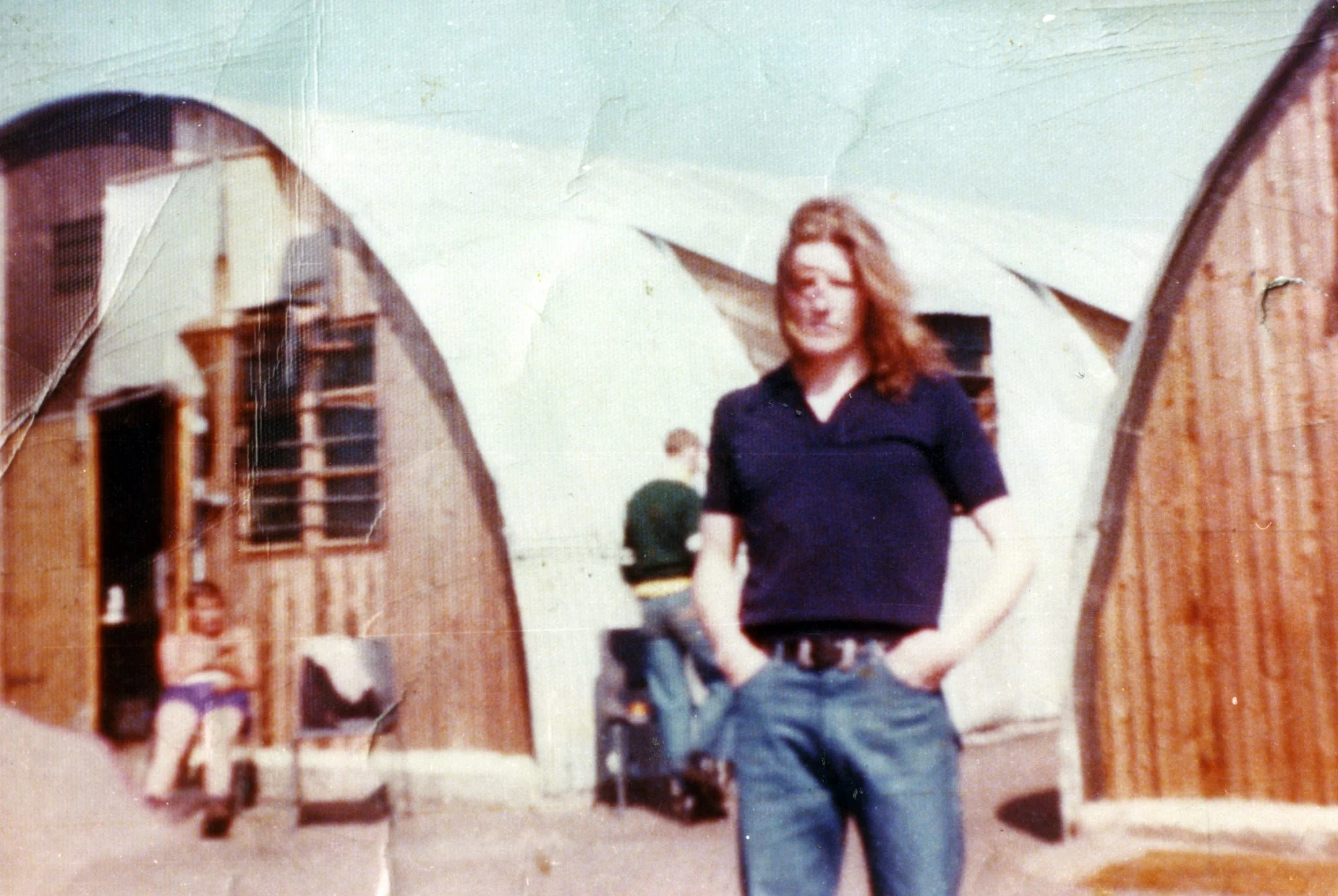March 1st marked the 38th anniversary of the start of Bobby Sands hunger strike in 1981. Nine days into his protest Sands turned 27 years of age. He would not live to see another birthday.
The 1981 hunger strike was different from the one that preceded it in 1980. This time the protest would be led by a lone prisoner instead of a group, with others joining the protest at staggered intervals.
The prisoners, correctly, believed that a staggered hunger strike would exert the maximum pressure on the British government. It speaks to the character of Bobby Sands that he volunteered to lead the second Stailc, knowing full well that a second aborted protest would be disastrous for the prisoners morale and their cause. This time the prisoners would need to be willing to go all the way to break Thatcher’s policy of criminalisation.
If the hunger strike was going to result in a death, Sands ensured he would be the one to make the ultimate sacrifice first. It would be March 15th before another prisoner, the legendary Francis Hughes, would refuse food and join Sands in the most powerful form of non-violent protest.
The path that brought Sands to the point of volunteering to lead the 1981 hunger strike started with a youth marred by sectarian intimidation and attack. By the time he was eighteen his family had been twice forced from homes in Newtownabbey and Rathcoole, before resettling in the Twinboork area of republican West Belfast in 1972. Sectarianism also cut short his teenage apprenticeship as a coachbuilder, when a gun-yielding unionist gang told him that no Catholics were welcome in his workplace.
As the conflict in the Six Counties rapidly escalated, the eighteen-year-old Sands joinied the IRA. He was arrested in October of 1972 for possession of weapons and held in The Cages of Long Kesh until 1976. Upon release he immediately re-joined his local IRA unit. Within six months Bobby was re-arrested and eventually sentenced to 14 years for possession of a handgun.
Whether in Castlereagh interrogation centre or Long Kesh, naked in solitary confinement or locked in a H-Block cell, Bobby Sands always carried himself with dignity and honour. He displayed an unbreakable spirit both to his jailer tormentors and his fellow imprisoned comrades. His selfless dedication, boundless energy and the honest clarity of his political conviction to the republican cause inspired his own generation and the generations that would follow, right up until today.
On the day that Bobby Sands began his protest the defiant statement below was released by his imprisoned comrades. After five years of enduring strip-searches, abuse, deprivation and assault the prisoners had had enough. A prolonged blanket and and no-wash protest had failed to break criminalisation. They would now deploy the most powerful protest at the disposal, a protest with ancient historical roots - the protest of hunger strike.
“We the republican POWs in the H-Blocks of Long Kesh, and our comrades in Armagh Prison, are entitled to and hereby demand political status, and we reject today as we have consistently rejected every day since September 14th, 1976, when the blanket protest began, the British government’s attempted criminalisation of ourselves and our struggle.
Five years ago this day, the British government declared that anyone arrested and convicted after March 1st, 1976, was to be treated as a criminal and no longer as a political prisoner. Five years later we are still able to declare that that criminalisation policy, which we have resisted and suffered, has failed.
If a British government experienced such a long and persistent resistance to a domestic policy in England then that policy would almost certainly be changed. But no so in Ireland where its traditional racist attitude blinds its judgement to reason and persuasion.
Only the loud voice of the Irish people and world opinion can bring them to their senses and only a hunger strike, where lives are laid down as proof of the strength of our political convictions, can rally such opinion and present the British with the problem that, far from criminalising the cause of Ireland, their intransigence is actually bringing popular attention to that cause.
We have asserted that we are political prisoners and everything about our country, our arrest, interrogations, trials and prison conditions, show that we are politically motivated and not motivated by selfish reasons or for selfish ends. As further demonstration of our selflessness and the justness of our cause a number of comrades, beginning today with Bobby Sands will hunger strike to the death unless the British government abandons its criminalisation policy and meets our demand for political status.”

